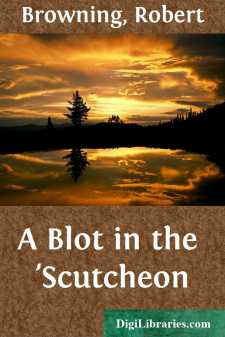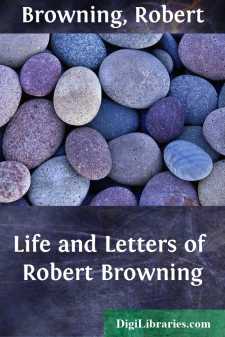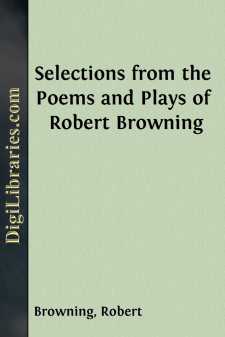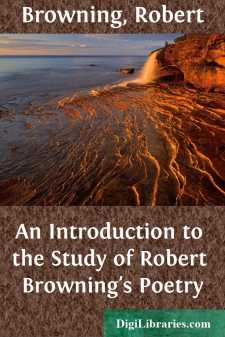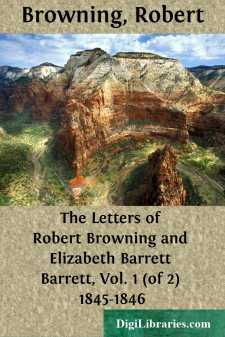Categories
- Antiques & Collectibles 13
- Architecture 36
- Art 48
- Bibles 22
- Biography & Autobiography 815
- Body, Mind & Spirit 144
- Business & Economics 28
- Children's Books 18
- Children's Fiction 14
- Computers 4
- Cooking 94
- Crafts & Hobbies 4
- Drama 346
- Education 58
- Family & Relationships 59
- Fiction 11835
- Games 19
- Gardening 17
- Health & Fitness 34
- History 1378
- House & Home 1
- Humor 147
- Juvenile Fiction 1873
- Juvenile Nonfiction 202
- Language Arts & Disciplines 89
- Law 16
- Literary Collections 686
- Literary Criticism 179
- Mathematics 13
- Medical 41
- Music 40
- Nature 180
- Non-Classifiable 1768
- Performing Arts 7
- Periodicals 1453
- Philosophy 65
- Photography 2
- Poetry 896
- Political Science 203
- Psychology 44
- Reference 154
- Religion 515
- Science 126
- Self-Help 85
- Social Science 83
- Sports & Recreation 34
- Study Aids 3
- Technology & Engineering 59
- Transportation 23
- Travel 463
- True Crime 29
Our website is made possible by displaying online advertisements to our visitors.
Please consider supporting us by disabling your ad blocker.
A Blot in the 'Scutcheon
by: Robert Browning
Categories:
Description:
Excerpt
INTRODUCTORY NOTE
ROBERT BROWNING stands, in respect to his origin and his career, in marked contrast to the two aristocratic poets beside whose dramas his "Blot in the 'Scutcheon" is here printed. His father was a bank clerk and a dissenter at a time when dissent meant exclusion from Society; the poet went neither to one of the great public schools nor to Oxford or Cambridge; and no breath of scandal touched his name. Born in London in 1812, he was educated largely by private tutors, and spent two years at London University, but the influence of his father, a man of wide reading and cultivated tastes, was probably the most important element in his early training. He drew well, was something of a musician, and wrote verses from an early age, though it was the accidental reading of a volume of Shelley which first kindled his real inspiration. This indebtedness is beautifully acknowledged in his first published poem, "Pauline" (1833).
Apart from frequent visits to Italy, there is little of incident to chronicle in Browning's life, with the one great exception of his more than fortunate marriage in 1846 to Elizabeth Barrett, the greatest of English poetesses.
Browning's dramatic period extended from 1835 to the time of his marriage, and produced some nine plays, not all of which, however, were intended for the stage. "Paracelsus," the first of the series, has been fairly described as a "conversational drama," and "Pippa Passes," though it has been staged, is essentially a poem to read. The historical tragedy of "Strafford" has been impressively performed, but "King Victor and King Charles," "The Return of the Druses," "Colombe's Birthday," "A Soul's Tragedy," and "Luria," while interesting in many ways, can hardly be regarded as successful stage-plays. "A Blot in the 'Scutcheon" was performed at Drury Lane, but its chances of a successful run were spoiled by the jealousy of Macready, the manager.
The main cause of Browning's weakness as a playwright lay in the fact that he was so much more interested in psychology than in action. But in the present tragedy this defect is less prominent than usual, and in spite of flaws in construction, it reaches a high pitch of emotional intensity, the characters are drawn with vividness, and the lines are rich in poetry.
A BLOT IN THE 'SCUTCHEON
(1843)
DRAMATIS PERSONAE
MILDRED TRESHAM.
GUENDOLEN TRESHAM.
THOROLD, Earl Tresham.
AUSTIN TRESHAM.
HENRY, Earl Mertoun.
GERARD, and other retainers of Lord Tresham.
Time, 17—
ACT I
SCENE I.—The Interior of a Lodge in Lord Tresham's Park.
Many Retainers crowded at the window, supposed to command
a view of the entrance to his Mansion.
GERARD, the Warrener, his back to a table on which are flagons,
etc.
FIRST RETAINER. Ay, do! push, friends, and then you'll push down me!
—What for? Does any hear a runner's foot
Or a steed's trample or a coach-wheel's cry?
Is the Earl come or his least poursuivant?
But there's no breeding in a man of you
Save Gerard yonder: here's a half-place yet,
Old Gerard...!


